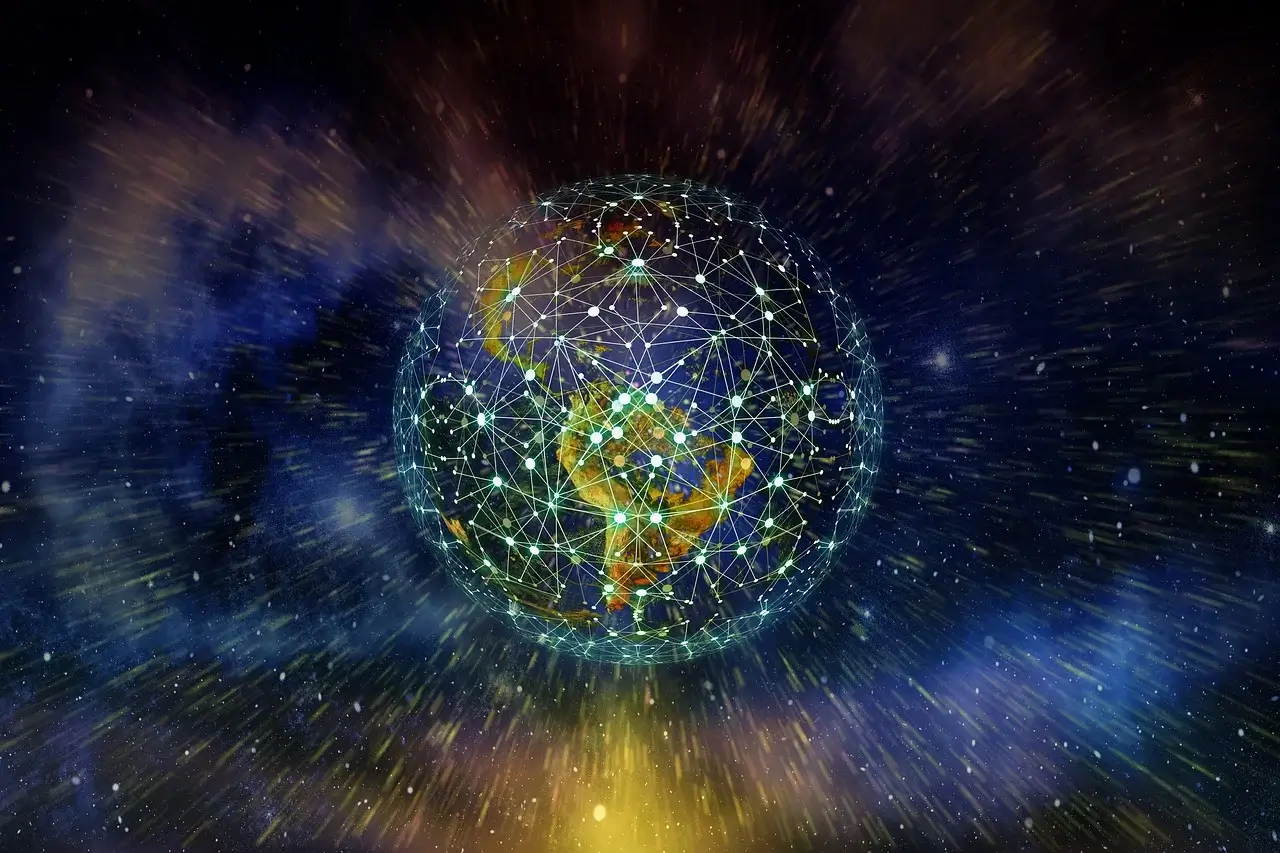The advent of the era of intelligent communication has completely overturned the traditional content industry landscape, not only reshaping the production, distribution and consumption patterns of content, but also profoundly changing the relationship between creators, platforms and audiences. This transformation, driven by technologies such as artificial intelligence, big data and cloud computing, has pushed the content industry into an unprecedented stage of intelligent and personalized development.

Automation and intelligence of content production
In the era of intelligent communication, the way content is produced has experienced a leap from manual to automatic and then to intelligent. AI technology, especially natural language generation (NLG), image generation, video editing, etc., enables machines to automatically generate content based on specific topics, styles or user preferences. For example, news organizations use AI to write financial reports and sports event summaries; in the field of artistic creation, AI can generate unique paintings or music works based on keywords or style guidance provided by users. This not only greatly improves the efficiency of content production, but also opens up a new creative space, making content creation more diversified and personalized.
Precision content distribution: the rise of algorithmic recommendation
The core of intelligent communication lies in the algorithm-driven content recommendation system. By analyzing multi-dimensional data such as user browsing history, social media interactions, and geographic location, the algorithm can build a detailed user portrait and realize personalized content recommendation. In this model, users are no longer passively accepting widely disseminated information, but receive content that is highly matched with their interests. For content platforms, this means higher user stickiness and longer stay time, while also providing display opportunities for long-tail content and promoting the diversification of the content ecosystem.
User participation and the rise of co-creation culture
Intelligent communication technology has lowered the threshold for content creation and sharing, stimulated users' enthusiasm for content creation, and formed a co-creation culture dominated by UGC (user-generated content) and PUGC (professional user-generated content). Interactions and co-creation activities on short video platforms, live broadcasts, and social media have made users not only consumers of content, but also producers and disseminators. AI technology plays a catalytic role in this process, helping users improve content quality and enhance communication effects through functions such as intelligent editing and special effects addition.
Innovation and challenges of business models
In the era of intelligent communication, the business model of the content industry is also undergoing profound changes. On the one hand, precise advertising based on big data has become mainstream, and brands can achieve personalized promotion based on user portraits to improve advertising effectiveness. On the other hand, the rise of diversified profit models such as subscription, reward, and paid reading has provided content creators with more channels for direct income. However, this has also brought a series of challenges such as copyright protection, content quality supervision, and user privacy protection, requiring industry participants to pay more attention to social responsibility and ethical standards while pursuing economic benefits.
Exploring the Boundary between Ethics and Law
The automated content production and personalized recommendations brought about by intelligent communication have triggered discussions on ethical and legal issues such as content authenticity, creative ownership, and algorithmic bias. How to ensure the accuracy and reliability of AI-generated content and prevent the spread of false information? How to balance personalized recommendations with the information cocoon effect and safeguard the public's right to know and diversity? How to reasonably use data to improve service quality while protecting user privacy? These issues have become key issues that need to be urgently addressed in the era of intelligent communication.
Conclusion
The transformation of the content industry in the era of intelligent communication is a comprehensive evolution of technology, market and social culture. It not only demonstrates the huge potential of technology to empower content creation and dissemination, but also raises profound thoughts on content quality, personal privacy, ethics and morality. In the face of this transformation, all participants in the content industry need to actively embrace technology, continuously innovate business models, strengthen industry self-discipline and legal and regulatory construction, and jointly promote a healthy, prosperous and fair intelligent content ecology. The future era of intelligent communication will be a new era of deep integration of technology and humanistic spirit to create unlimited possibilities.






